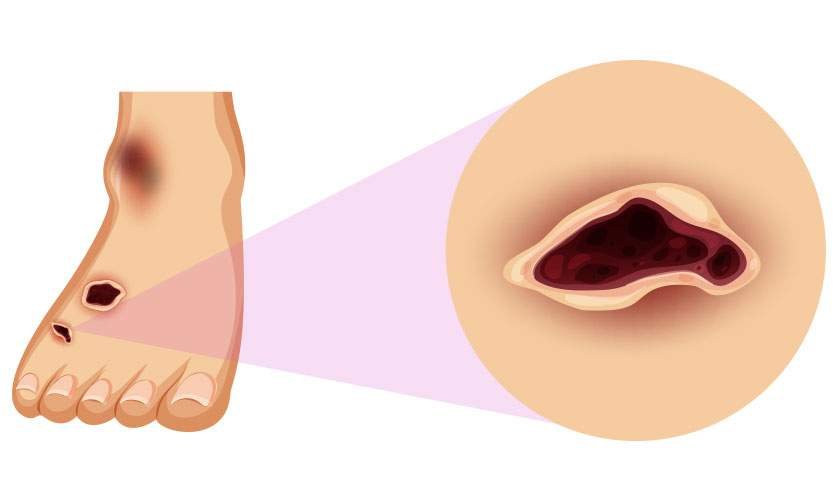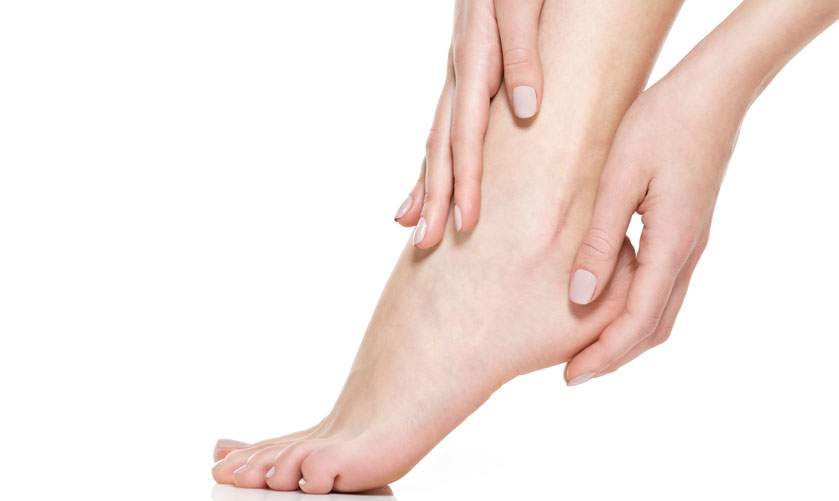Foot Health
Foot complications are common in diabetes. Many people with diabetes experience nerve damage, particularly in the feet and legs. Neuropathy results as a loss of sensation in the feet, toes and lower legs, resulting in injury or infection.
Risk factors

If a person is diabetic, these some risk factors might increase their chance of foot problems, such as:
1. Hypertension
2. High cholesterol
3. Uncontrollable weight or obesity
4. Bad habits like smoking and drinking
5. High BG(blood glucose) levels.
6. Age is above 40 years.
People who have had diabetes for a very long time are more vulnerable to neuropathy. To prevent neuropathy, the patient should exercise for at least 10-20 minutes every day and follow a healthy diet plan. Early diagnosis and treatment reduce the risk of developing foot issues. Having an active and good approach towards health can avoid complications later in the future.
Foot Complications
Besides, numbness and tingling diabetes can affect the feet in many other ways.

There are some complications:
- Foot calluses: diabetic people are more susceptible to foot calluses. An untreated or left callus can break down and form open sores.
- Foot ulcers: an open sore or ulcer can occur on the bottom of your toe or balls of the feet. In severe cases, ulcers may cause infection and can go as deep as the bone.
- Skin changes: diabetes may cause the feet to get dry along with cracking and peeling. Hence, keeping feet moisturised is very important to avoid such skin issues.
- Poor circulation: when diabetes affects blood vessels, it can cause poor blood flow in your feet. It makes wound healing difficult and puts the patient at an increased risk for infection.
Take Care of Your Feet
Furthermore, in severe cases, amputation is recommended for diabetic people. Amputation refers to the removal of the toe, leg, foot, to treat the patient’s condition. Proper care of the feet is essential to avoid serious problems.

Taking care of the feet is a very simple and very convenient way to avoid foot complications.
There are some tips to take care of the feet:
Washing the feet with warm water
Don’t let feet get dry and moisturise frequently
Cutting toenails
Make sure your shoes fit your feet
Adopt an active lifestyle
The physician or doctor can diagnose any serious issue and remove any possible calluses or corns. If the patient feels problems in feet or legs, or if experiences numbness and pain, they should contact the doctor immediately. Having awareness is the key to avoiding major issues.